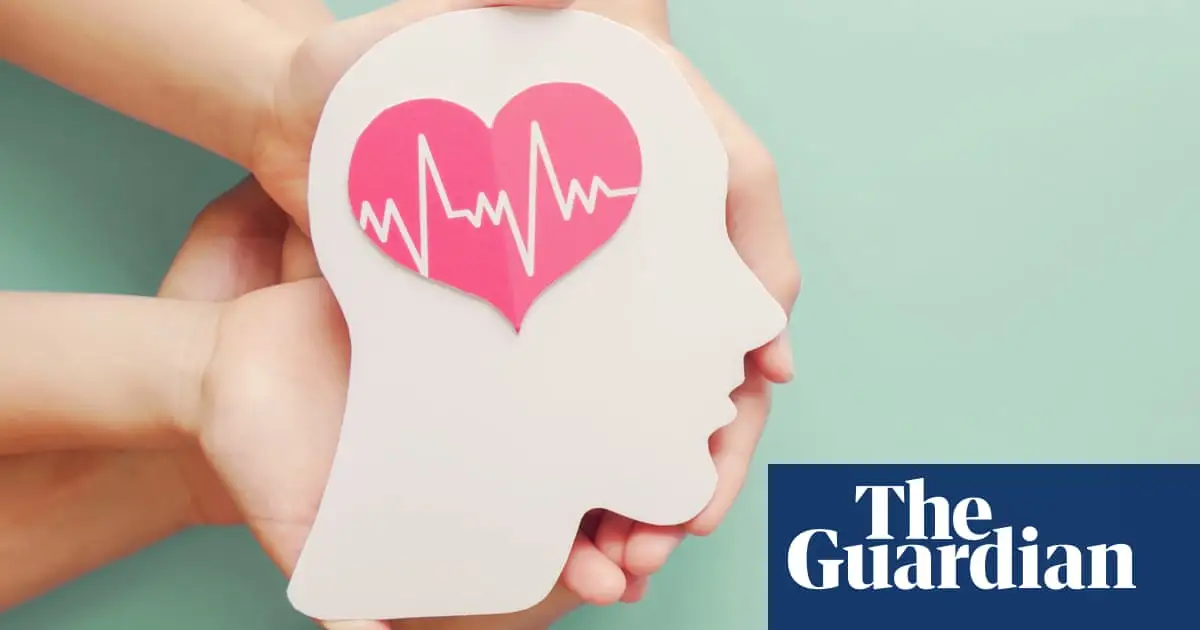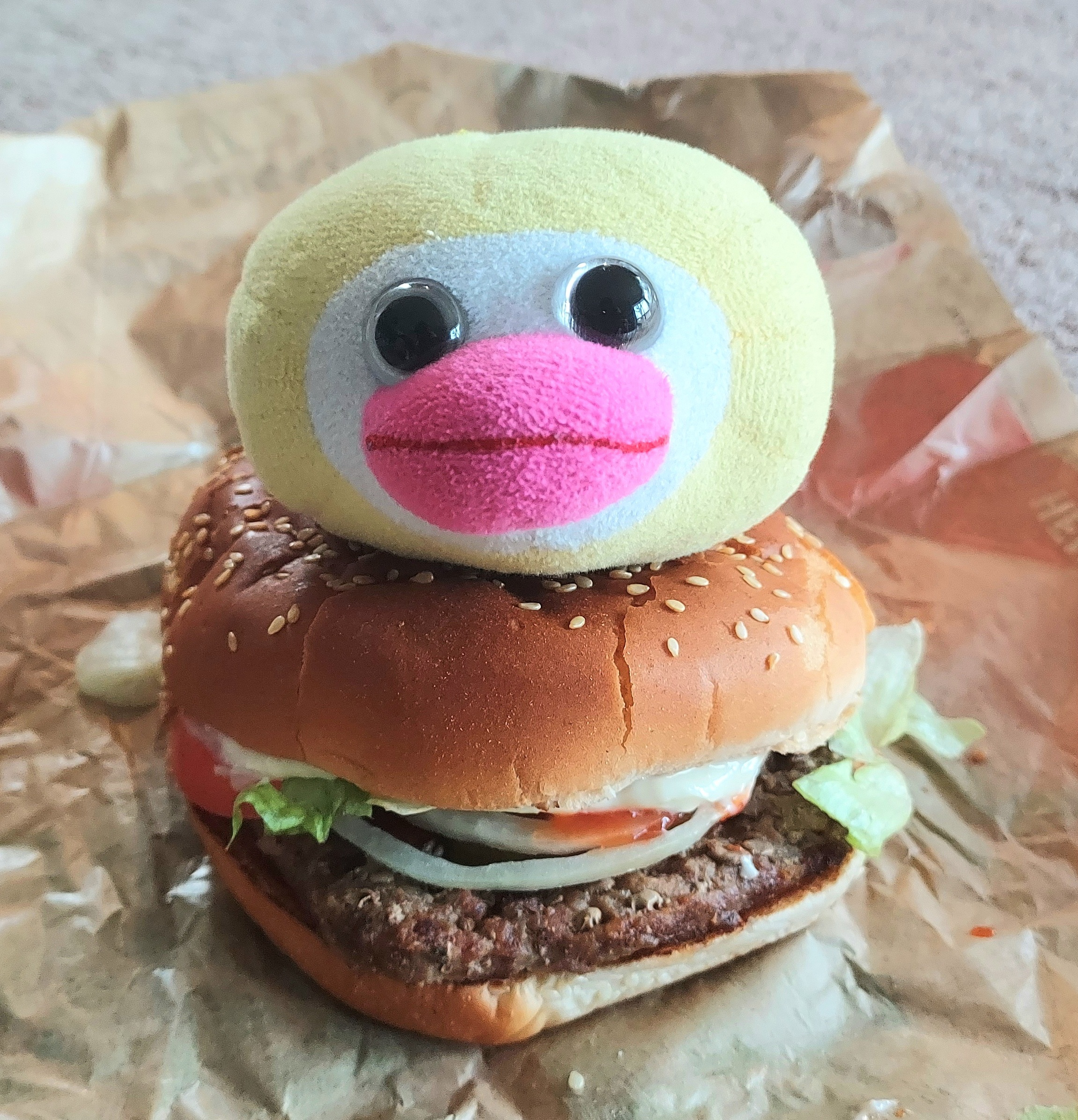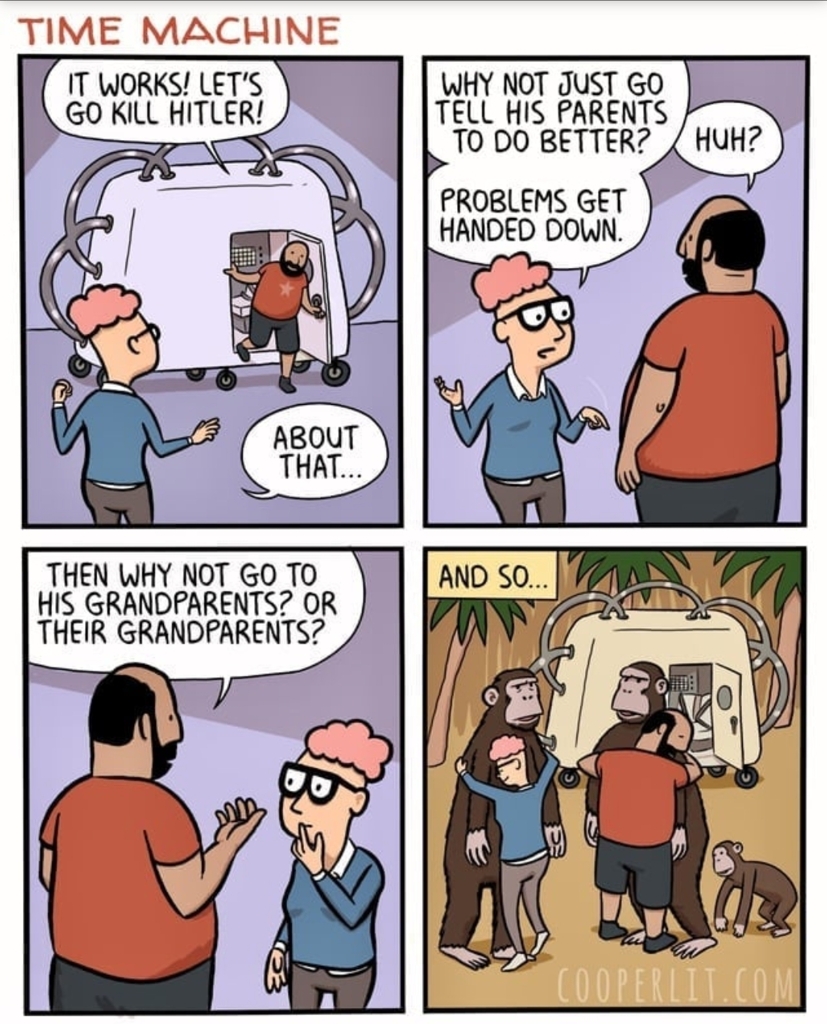Almost a quarter of the 1.8m cases of depression, anxiety and substance disorders could be prevented, researchers find
Archived version: https://archive.ph/5lBs7
So I was once arguing with someone about single-parent households.
They brought up that having both parents in the home is the best option for the child. I argued that if one of the parents is abusive, it’s in the best interest of the child to have a single-parent household instead.
They then demanded studies/sources to back up my claim, and berated me when I answered “Are you demanding that I provide scientific proof that not having an abuser in the home is best for the child?”
I just… ugh…
Even where the child isn’t the target of the abuse, the constant abuse to each other is quite detrimental to a child.
Well, apparently we need a study to back that up, because people can’t use their goddamn brains.
Sealions gonna sealion.
Just need to have the ACE list and there we go. So dumb…
I sometimes fear arguing in those situations may actually make me stupider, from the blunt force trauma.
It’s a good thing I’m an American!
The neglect, parental addictions, childhood sexual abuse, income insecurity, and unwillingness to test for, let alone treat mental health issues only made me more of a rugged individual!
Cycle of abuse…
Next they going to conclude that poverty might cause homelessness.
You say that like most people would agree with you. I’m my experience, most people think people are homeless because they’re lazy and/or lack values or something
Just slipping the concept into gen pop discourse here.
We are a generation away from this concept foing mainstream, no doubt about it.
But once boomers die off, we can start talking solutions to a commonly accepted and properly ID’ed problem
Ain’t nobody conviving deeabeetus boomer that poors don’t in fact deserve being homeless.
It’s caused by a very common cognitive bias called the Just World Hypothesis.
It’s tha same thing that makes people ask cancer patients what they “did” to get cancer.
Everyone wants to believe that their own good fortune is deserved and the corollary that unfortunate people deserve misfortune.
I hope I’m wrong but I think you’re going to find that it’s not generational.
I had this experience, when I was a kid I was constantly told I didn’t understand because I was a kid. I was insulted, belittled, taught that all my thoughts were “wrong”. Not realizing I was being raised by stunted, adult-sized kids. It’s not entirely their fault, the generation before theirs was even harsher, and so on, backwards in time.
Hopefully we can begin to break the cycle. Today kids have outlets and access to information about their situation, for example they can ask ChatGPT, “What should I do when my mommy calls me dumb?”
ChatGPT’s response, “It’s not okay for anyone, including your mom, to call you dumb. If this happens, it’s important to talk to her about how it makes you feel and express that it’s hurtful. It might be a good idea to seek support from someone you trust, like another family member or a counselor, to help address the situation. Remember, you are not defined by anyone else’s words or opinions.”
Damn, that certainly would’ve helped me.
There are varying levels of abuse, preventing isolation so that warning signs can be identified and catching it early is the best remedy I can think of, but I’m no expert. I’m just an adult-sized kid doing my best.
Isn’t this like the first thing psychology found out?
Further studies legitimize claims made about these kinds of things.
While it certainly isn’t news to us today, every additional observation that supports a theory is valuable, especially for theories about deep-rooted and hard-to-prove causality.
We can’t just go out traumatizing children “for science” to find out what the incident rate of mental health as it relates to different traumas.
Seriously! I thought we’d figured everything out already! Why are scientists still trying to learn things?
It’s basically an academic disagreement between two schools of thought. The behaviorist like models in psychology can be at odds with the biochemical imbalance model of psychiatry.
Studies like this help expand treatment options since the biochemical imbalance theory has gained significant popularity and awareness in recent years. Not everyone struggling has a chemical imbalance and not all mental illnesses are caused from trauma. Some have both. Nuance is king with sort of issue
Full agreement. I seem to have biochemical and trauma based issues myself. I can’t medicate the pain away, but my adhd requires a holistic, chemicals included, response.
I’m glad you’ve found an approach that’s working for you! It can be very difficult navigating treatment plans when there are strong voices in academia conflicting with each other, or being too heavy handed in one direction or the other.
I am wishing you all the best and hope your treatment plan continues to improve your life :)
I thought the Diatheses stress model was pretty well accepted? It’s kind of a mixture of both.
Its fairly well accepted in psychology circles. It’s taught in psychiatry as well since there is overlap. However it seems a lot of psychiatrists(depending on the school and professor of course) tend towards the biochemical imbalance theory.
It’s partially due to criticisms(some deserved, others not so much) that psychiatry isn’t a valid science and in attempts to thwart those accusations the psychiatry school of thought has heavily leaned into neuroscience/chemical imbalance theory and veered away from psychology. IMO psychiatry functions best for patients as a combination of both.
This is just my observation though, so take that as you will.






